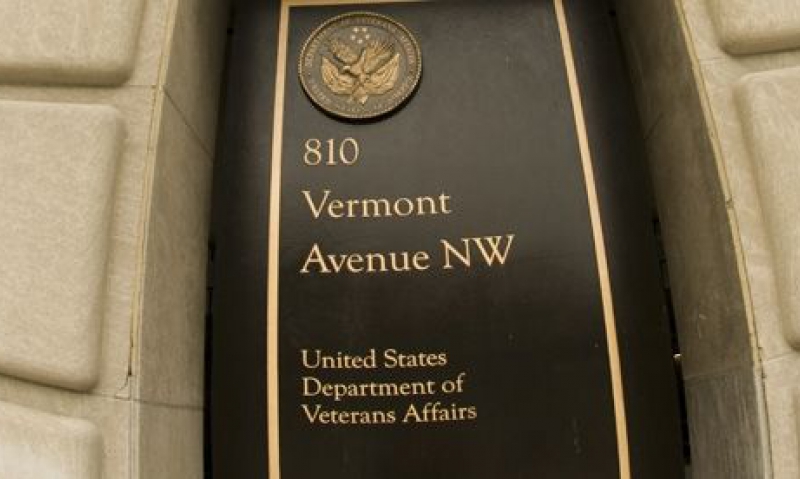
Department of Veterans Affairs implementing enhancements to existing services for veterans and their caregivers; application process will open May 9.
The Department of Veterans Affairs has published the interim final rule for implementing the Family Caregiver Program of the Caregivers and Veterans Omnibus Health Services Act 2010. This new rule will provide additional support to eligible post-9/11 veterans who elect to receive their care in a home setting from a primary family caregiver.
On May 9, staff in VA’s Office of Care Management and Social Work will open the application process for eligible post-9/11 veterans and servicemembers to designate their family caregivers.
Additional services for primary family caregivers of eligible post-9/11 veterans and servicemembers include a stipend, mental health services, and access to health-care insurance, if they are not already entitled to care or services under a health-care plan. Comprehensive caregiver training and medical support are other key components of this program. The program builds on the foundation of caregiver support now provided at VA and reflects what families and clinicians have long known: that family caregivers in a home environment can enhance the health and well-being of veterans under VA care.
Starting May 9, veterans may download a copy of the Family Caregiver program application (VA CG 10-10) here. The application enables the veteran to designate a primary family caregiver and secondary family caregivers if needed. Caregiver Support Coordinators are stationed at every VA medical center and available via phone at (877) 222-8387 to assist veterans and their family caregivers with the application process.
Caregivers for veterans of all eras are eligible for respite care, and education and training on what it means to be a caregiver, how to best meet the veteran’s care needs, and the importance of self-care when in a care giving role. The full range of VA services already provided to Caregivers will continue, and local Caregiver Support Coordinators at each VA medical center are available to assist family caregivers in identifying benefits and services they may be eligible for. The Caregiver Support Coordinators are well versed in VA programs and also have information about other local public, private and non-profit agency support services that are available to support veterans and their family caregivers at home.
VA programs for Veterans and their Family Caregivers include:
• In-Home and community-based care. This includes skilled home health care, homemaker home health aide services, community adult day health care and home-based primary care.
• Respite care. Designed to relieve the family caregiver from the constant challenge of caring for a chronically ill or disabled veteran at home, respite services can include in-home care, a short stay in one of VA’s community living centers or an environment designed for adult day health care.
• Caregiver education and training programs. VA currently provides multiple training opportunities which include pre-discharge care instruction and specialized caregiver programs in multiple severe traumas such as traumatic brain injury, spinal cord injury/disorders, and blind rehabilitation. VA has a family caregiver assistance healthy living center My HealtheVet, as well as caregiver information on the VA’s main Web page health site; both websites include information on VA and community resources and caregiver health and wellness.
• Caregiver support groups and other services. Family caregiver support groups, offered in a face to face setting or on the telephone, provide emotional and peer support, and information. Family caregiver services include family counseling, spiritual and pastoral care, family leisure and recreational activities and temporary lodging in Fisher Houses.
• Other services. VA provides durable medical equipment and prosthetic and sensory aides to improve function, financial assistance with home modification to improve access and mobility, and transportation assistance for some veterans to and from medical appointments.
- Veterans Benefits

